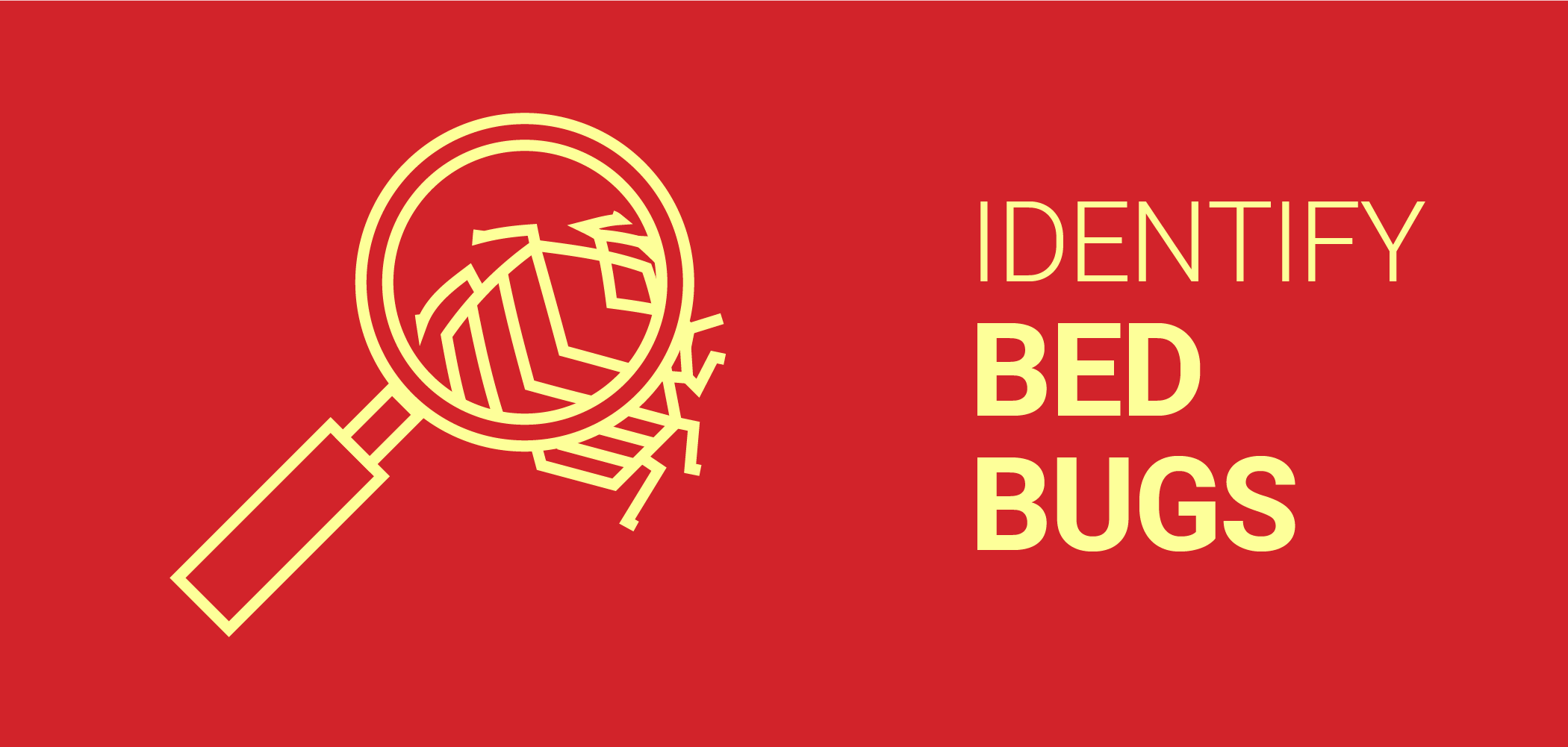The Maui County Hawaiian Canoe Association is a renowned organization that promotes and preserves the ancient tradition of Hawaiian canoe paddling. With a rich history and a strong commitment to the community, this association plays a vital role in preserving the cultural heritage of Maui County.
One of the pain points that the Maui County Hawaiian Canoe Association addresses is the loss of traditional Hawaiian cultural practices. As modernization and globalization continue to influence the islands, it becomes increasingly important to preserve and pass down the knowledge and skills of canoe paddling to future generations.
The primary target of the Maui County Hawaiian Canoe Association is to promote and perpetuate the sport of Hawaiian canoe paddling. Through various programs, events, and competitions, the association aims to educate and engage individuals of all ages and backgrounds in this traditional Hawaiian practice.
In summary, the Maui County Hawaiian Canoe Association is dedicated to preserving and promoting the ancient tradition of Hawaiian canoe paddling. Through their programs and events, they aim to engage the community and pass down this cultural practice to future generations.
Maui County Hawaiian Canoe Association: A Personal Experience
As a resident of Maui County, I have had the privilege of witnessing the impact and importance of the Maui County Hawaiian Canoe Association firsthand. Last summer, I had the opportunity to participate in one of their community paddling events. It was an unforgettable experience that allowed me to connect with the rich cultural heritage of Hawaii.
During the event, I was paired with experienced paddlers who patiently taught me the proper techniques and traditions of Hawaiian canoe paddling. As we glided through the crystal-clear waters, I felt a deep sense of connection to the ocean and the generations of Hawaiians who had come before me. It was a humbling and awe-inspiring experience that left a lasting impression on me.
The Maui County Hawaiian Canoe Association plays a vital role in preserving the history and myth of Hawaiian canoe paddling. This ancient tradition is deeply rooted in Hawaiian culture and holds significant spiritual and historical significance. By actively engaging in the sport and promoting its importance, the association ensures that this tradition continues to thrive for future generations.
The Hidden Secret of Maui County Hawaiian Canoe Association
One of the hidden secrets of the Maui County Hawaiian Canoe Association is the strong sense of community and camaraderie that it fosters. Beyond the physical aspects of paddling, the association provides a space for individuals to come together, share their knowledge, and form lasting connections.
Through their various programs and events, the association creates a supportive and inclusive environment where individuals of all ages and backgrounds can come together and learn from one another. This sense of community extends beyond the water, as members often gather for social events, workshops, and cultural celebrations.
The Maui County Hawaiian Canoe Association is highly recommended for anyone interested in immersing themselves in the rich culture and history of Hawaii. Whether you are a seasoned paddler or a complete beginner, the association offers a variety of programs and events that cater to individuals of all skill levels.
Exploring the Myth of Maui County Hawaiian Canoe Association and Related Keywords
The Maui County Hawaiian Canoe Association holds a deep-rooted history and myth in Hawaiian culture. According to legend, the art of canoe paddling was gifted to the Hawaiian people by the gods. It is said that the first Hawaiian settlers arrived on the islands in canoes, using the stars and their connection to the ocean to guide them.
Throughout history, Hawaiian canoe paddling played a crucial role in the survival and prosperity of the Hawaiian people. Canoes were used for transportation, fishing, and even warfare. They were intricately woven into the fabric of Hawaiian society, symbolizing unity, teamwork, and respect for the land and sea.
Today, the Maui County Hawaiian Canoe Association continues to honor this myth and history by preserving and promoting the art of canoe paddling. Through their programs and events, they ensure that the cultural significance and traditions of Hawaiian canoe paddling are passed down to future generations.
Tips for Getting Involved in Maui County Hawaiian Canoe Association
If you are interested in getting involved with the Maui County Hawaiian Canoe Association, here are some tips to get you started:
- Reach out to the association: Contact the Maui County Hawaiian Canoe Association to inquire about their programs and events. They will provide you with all the necessary information to get started.
- Attend a beginner's workshop: The association often hosts beginner's workshops for individuals who are new to canoe paddling. These workshops provide a safe and supportive environment for learning the basics.
- Join a paddling team: Consider joining a paddling team to further develop your skills and connect with fellow paddlers. The association can help you find a team that aligns with your interests and skill level.
- Participate in community events: The Maui County Hawaiian Canoe Association regularly organizes community events and competitions. Participating in these events is a great way to immerse yourself in the culture and connect with the community.
Conclusion of Maui County Hawaiian Canoe Association and Related Keywords
The Maui County Hawaiian Canoe Association is a vital organization that promotes and preserves the ancient tradition of Hawaiian canoe paddling. Through their programs and events, they play a crucial role in passing down this cultural practice to future generations. By getting involved with the association, individuals have the opportunity to connect with the rich history and myth of Hawaiian canoe paddling, while also fostering a sense of community and camaraderie. Whether you are a seasoned paddler or a beginner, the Maui County Hawaiian Canoe Association offers a variety of opportunities for individuals to engage in this traditional Hawaiian practice.

No comments:
Post a Comment